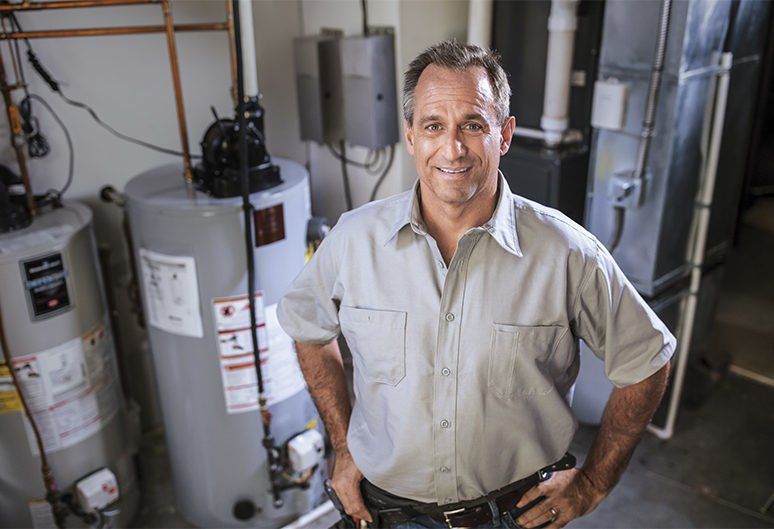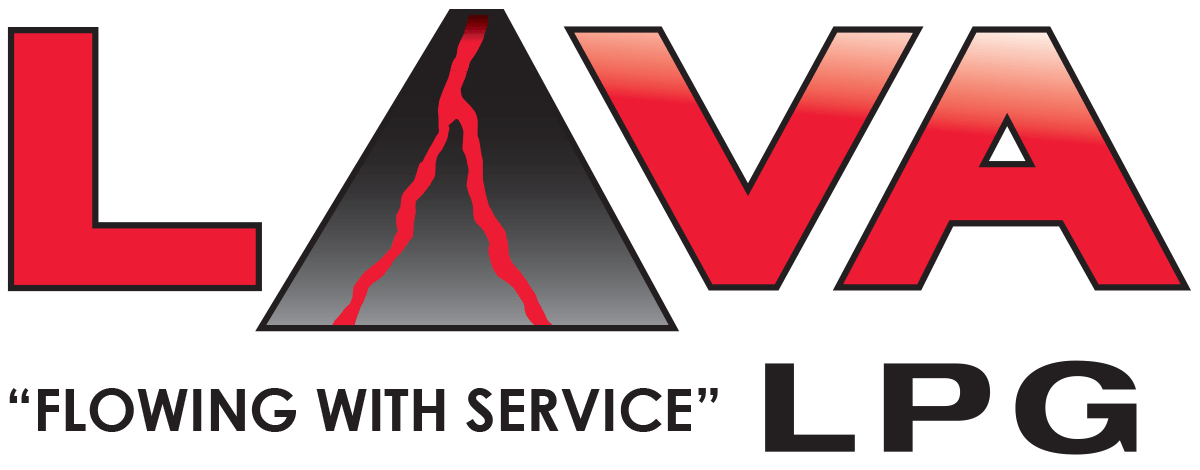PROPANE RESOURCES
We are your local Residential Propane experts. If we don't have your answers here, contact us today.
Lava Blog

Video Resources
Propane Safety FAQ
- What Should You Do If You Smell Propane?
On its own, propane gas is non-toxic. It produces minimal emissions and is not harmful to soil or groundwater. It also is colorless and odorless, but many propane suppliers will add a chemical compound to give propane an unpleasant smell. By doing so, propane suppliers help alert customers if a propane tank leaks — which can be a major safety hazard.
A residential propane tank that leaks may emit gas quickly. Fortunately, the following steps will ensure you are fully prepared to handle this scenario:
- Extinguish all open flames and smoking materials immediately.
- If possible, turn off the valve on your residential propane tank by turning it to the right, or clockwise.
- If the odor worsens, cover the residential propane tank with a wet cloth, exit the area and call 911 or your local fire department.
- Don't just reuse the propane tank. Instead, have a propane supplier inspect the tank to ensure it is safe for use.
- How Should You Handle a Propane Gas Appliance?
You should handle a propane gas appliance with care, and here are several tips to help you do just that:
- Use Propane Grills Outside Only: Never use a propane grill indoors — without exception.
- Avoid Space Heating Propane Grills or Ovens: Although space heating propane grills and ovens may seem like viable options at first, they can be dangerous.
- Avoid Using Portable Electric Generators Indoors: Keep a portable electric generator outside of a building at all times.
- Work With a Qualified Propane Service Technician: A qualified propane service technician can connect an appliance to a propane tank and perform the necessary assessments to ensure you can maximize the value of your appliance.
- How Should You Maintain a Propane Gas Appliance?
A propane gas appliance requires maintenance, and some of the best ways to ensure your appliance will maintain its quality and performance include:
- Inspect Old Appliance Connectors: If an appliance is more than 20 years old, have a qualified service technician assess the appliance connector. If you try to do this on your own, you risk damaging the connector and causing a propane gas leak. If you work with a service technician, however, you may be able to avoid risk and bolster your appliance's performance for years to come.
- Check the Appliance Vents: Let the vents on your appliance breathe and ensure flue gases can flow easily to the outdoors. Remove any insects, bird nests or other debris from the vents. Clear the area around the appliance to ensure plenty of air can reach the burner for proper combustion.
- Don't Repair or Modify the Appliance on Your Own: If you attempt to modify, repair or replace an appliance connector, control, regulator or valve on your own, you risk causing a gas leak.
- Propane tank safety extends beyond the tank itself, and those who focus on finding ways to take care of their propane gas appliances can manage risk like never before.
Of course, working with a qualified propane appliance service technician can help you keep your appliance in working order. This technician possesses the training and know-how needed to fix or upgrade an appliance safely.
- What Should You Do If There Is a Problem With Your Propane Tank and/or Outdoor Appliance?
A propane tank is complex, and you should never modify a propane tank on your own. If you believe your propane tank is defective, don't try to modify or repair regulators, valves or other propane tank parts if you lack the proper training and expertise.
On the other hand, you may believe your outdoor appliance is problematic. Like propane tanks, outdoor appliances are intricate, so you may want to get expert help with appliance repairs.
Sometimes, the pilot light on an outdoor appliance may go out. If the pilot light goes out periodically, you should follow the appliance manufacturer's instructions to reignite it correctly. Follow the instructions closely and review any safety warnings before you attempt to reignite the pilot light.
If an outdoor appliance's pilot light goes out frequently, it likely indicates there is an issue with the appliance, and you should avoid the temptation to reignite the pilot light on your own. In this case, you should get expert help to reignite the pilot light.
- What Should You Do With a Leaky Propane Tank?
If you find a propane tank leaks, you should never refill it. You’ll need to get the tank inspected by a qualified propane gas technician before it can be refilled.
It is against the law to refill a tank if it’s out of date. The most recent inspection date of a propane tank is printed on the side of the tank, and you should review this information before you try to have your tank refilled.
The law requires periodic inspection of propane tanks, and you should evaluate a propane tank at least once a month to identify any leaks. Remember, a diligent approach to propane tank safety can make a world of difference. If you allocate even a few minutes each month to inspect your propane tank, you can manage propane tank safety risks effectively.
Looking for propane tank exchange?
Visit our parent site, Lava Propane, to find a tank exchange location nearest you.
Visit Lava PropaneResidential Propane Services
Propane FillsPropane Tank InstallationPropane Tank Maintenance & Safety Checks
View our
Privacy Policy
Main Office
1298 Distribution Way Vista, CA 92081
Contact
(760) 891-5581info@lavalpg.com
All Rights Reserved | Lava, LPG | Website Design by GoBeRewarded

